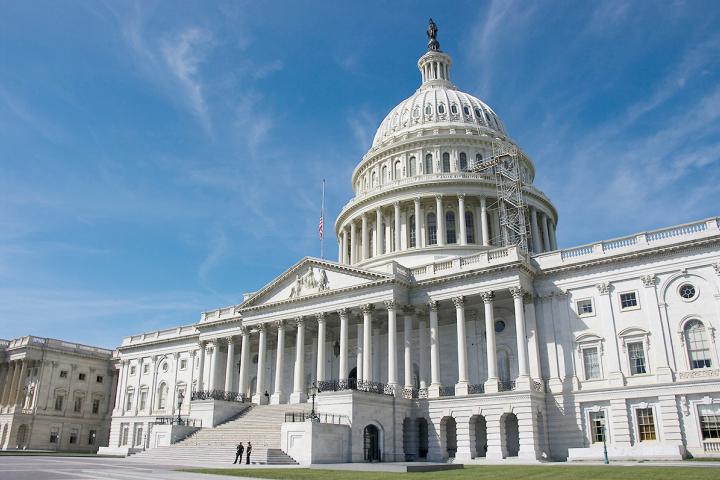Last week, the US House of Representatives passed the Fiscal Year 2021 (FY21) National Defense Authorization Act (NDAA) which included two key amendments related to the recent clashes along the India-China border that resulted in the deaths of 20 Indian soldiers and an unknown number of Chinese soldiers last month.
Amendment #442 submitted by India Caucus member Rep. Raja Krishnamoorthi (D-IL) expresses the sense of Congress on the “cross-border violence between the People’s Republic of China and India and the growing territorial claims of China.”
Among its findings, the Krishnamoorthi amendment states that China “reportedly amassed 5,000 soldiers” along the Line of Actual Control and it accuses China of “trying to redraw long-standing settled boundaries through the use of force and aggression.”
The bi-partisan amendment was cosponsored by India Caucus leaders Reps. Ro Khanna (D-CA), Frank Pallone (D-NJ), Thomas Suozzi (D-NY), Ted Yoho (R-FL), Caucus Co-Chair George Holding (R-NC), Sheila Jackson Lee (D-TX), Haley Stevens (D-MI), and Steve Chabot (R-OH).
A second, late pro-India amendment from Rep. Chabot “Expresses the sense of Congress on cross-border violence in the Galwan Valley and Congress’s concern toward the growing territorial claims of the People’s Republic of China.” Amendment #693 was submitted by Chabot and House Foreign Affairs Asia Subcommittee Chairman Rep. Ami Bera (D-CA).
The adoption of the Krishnamoorthi and Chabot amendments to the FY21 NDAA sends a strong message of support of the United States towards India in the face of Chinese aggression and is in line with the growing concern on Capitol Hill over China’s belligerent behavior.
“We thank Congressmen Krishnamoorthi and Chabot for drawing the attention of Congress to the recent military aggression by Communist China on our democratic ally India,” stated Hindu American Foundation Director of Public Policy Taniel Koushakjian. “Now is the time for Congress to deepen the US-India relationship and these amendments are a positive step in that direction,” Koushakjian added.






































